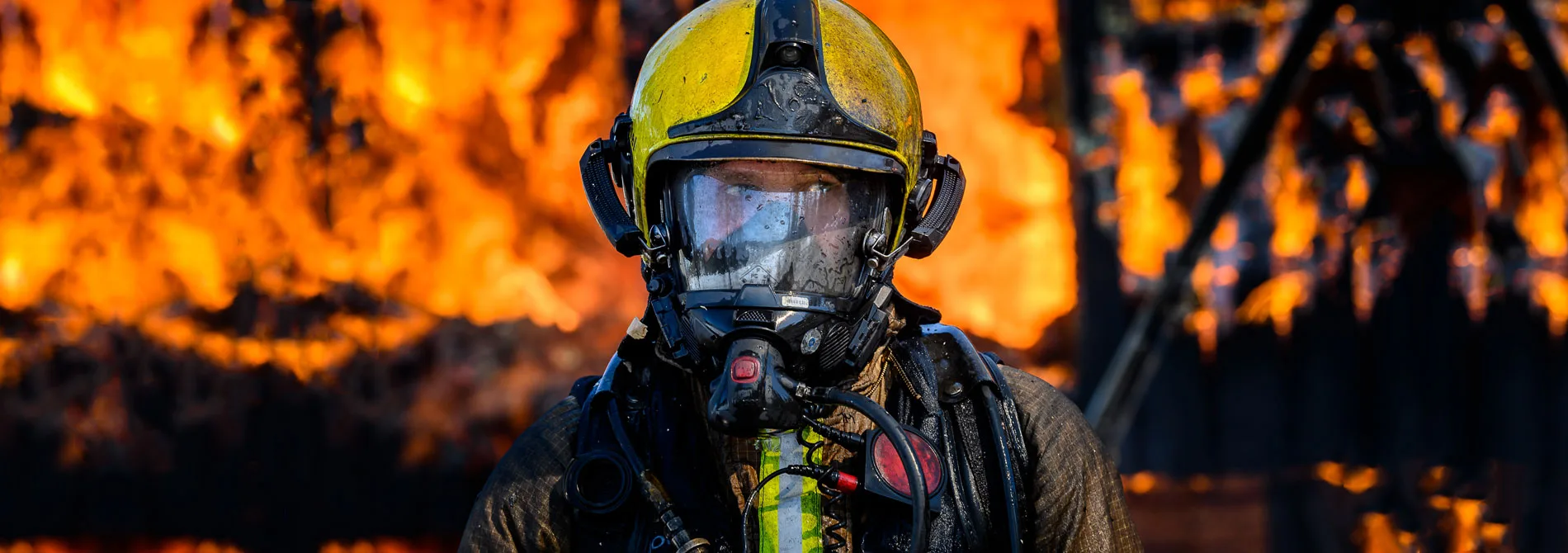Bart Ross, Recovery Services Manager
When beginning a 12-Step program, the first obstacle we sometimes need to overcome is the idea of being powerless. Not just admitting powerlessness but conceding to it. I personally admitted I was powerless many years before I knew of the need to feel and understand its true meaning. For me, saying I’m powerless was just words sliding off my tongue. I was like a parrot mimicking what I heard in 12-Step meetings. Yes, I felt hopeless, and I didn’t understand why. So, when others said we had to admit we were powerless, I did. The truth is I had no idea what that really meant.
How do I know that I didn’t understand what it meant to be powerless? I kept trying to stay sober. Trying to stay sober can be exhausting, frustrating, and ultimately unsuccessful. My actions didn’t match my words. If I truly understood what powerless meant and conceded it, then I wouldn’t have tried to stay sober on my own power. Conceding to powerlessness is a shift from intellectual acknowledgment to emotional acceptance. When we genuinely understand and admit our powerlessness, it creates space for humility and the willingness to seek Power. It’s one thing to say, “I’m powerless,” and quite another to live that truth, and to truly let go of the illusion that we can control our addiction.
“We learned that we had to fully concede to our innermost selves that we were alcoholics. This is the first step in recovery.” Big Book pg. 30
It’s understandable that seeing the concept of God in a 12-Step program can also be challenging to some, especially if you felt like I did and never believed in a Higher Power of any kind. I know many people in recovery who have felt similarly to myself.
Imagine being in a room that has suddenly become completely cut off from air. In such a situation, our instinct would be to desperately seek a source of air. This analogy reflects my experience with addiction. I ultimately reached a profound realization of my powerlessness over alcohol and drugs. I had finally understood and conceded complete defeat. This acknowledgment marked the beginning of my willingness to seek God—initially a concept I struggled to understand but one that became essential in my life.
“Like myself, he had admitted complete defeat. Then he had, in effect, been raised from the dead, suddenly taken from the scrap heap to a level of life better than the best he had ever known!” (Big Book pg. 11)
I finally understood that I could not work on my sobriety; I had to focus on my recovery. It became clear that true recovery meant building a relationship with God through living the 12-Steps as a way of life. Each Step today continues to guide me deeper into reflection and connection, transforming my struggle into a journey of faith and healing. Embracing this process, I found hope and strength that I never thought possible, shifting my focus from merely trying to stay sober to living a fuller, more meaningful life.
Some of us begin to approach the 12-Steps by redefining “God” or the “higher power” in a way that resonates with us—this can be anything greater than ourselves, such as the Creative Intelligence or a Spirit of the Universe. The key idea is to find something, whether it’s spiritual or something more tangible. Absolutely, many people in recovery find that the idea of a Higher Power can be interpreted in ways that feel authentic to them. It’s not necessarily about adhering to a specific religious belief but rather about connecting with something larger than oneself.
“When, therefore, we speak to you of God, we mean your own conception of God. This applies, too, to other spiritual expressions which you find in this book.” (Big Book pg. 47)
The important part is finding a Greater Source of hope and strength that resonates personally. This approach allows us to foster a spiritual connection on our own terms, which can be incredibly empowering on our journey.
Navigating the journey of recovery from alcoholism/addiction can be daunting, especially when it involves concepts that may feel foreign or uncomfortable, such as the notion of a Higher Power.
Ultimately, the journey of 12-Step recovery is deeply personal, and the path to understanding a higher power can vary significantly from one individual to another. The key is to approach this aspect of recovery with willingness, honesty, and open-mindedness, allowing for a spiritual connection.
Today, I am grateful to those who didn’t dismiss my concerns about the concept of God. Instead, they guided me toward the 12-Steps, which ultimately opened the door for me to discover a God that resonates with my own understanding. This journey has been pivotal in my recovery.
“Having had a spiritual awakening as the result of these steps, we tried to carry this message to alcoholics, and to practice these principles in all our affairs.” (Big Book pg. 60)
Today, I recognize that my struggle with addiction has been one of the most transformative experiences of my life. It has led me to a God that I can truly connect with and has opened the door to a fulfilling and purposeful life. I am grateful for the growth and insights this journey has provided. Had I continued to accept anything less than total abstinence and a commitment to a spiritual path, my past suffering would have felt meaningless. Embracing this journey has given my experiences purpose and allowed me to grow in ways I never thought possible.
Please feel free to email me at bross@hanleyfoundation.org.
Hanley Center has been helping people all over the country achieve wellness for more than 40 years. In addition to providing age- and gender-specific treatment for substance use and co-occurring disorders, Hanley offers a Patriots Program for first responders and veterans and a boutique residential mental health program for adults. For information on our programs, call us today: 561-841-1033.




